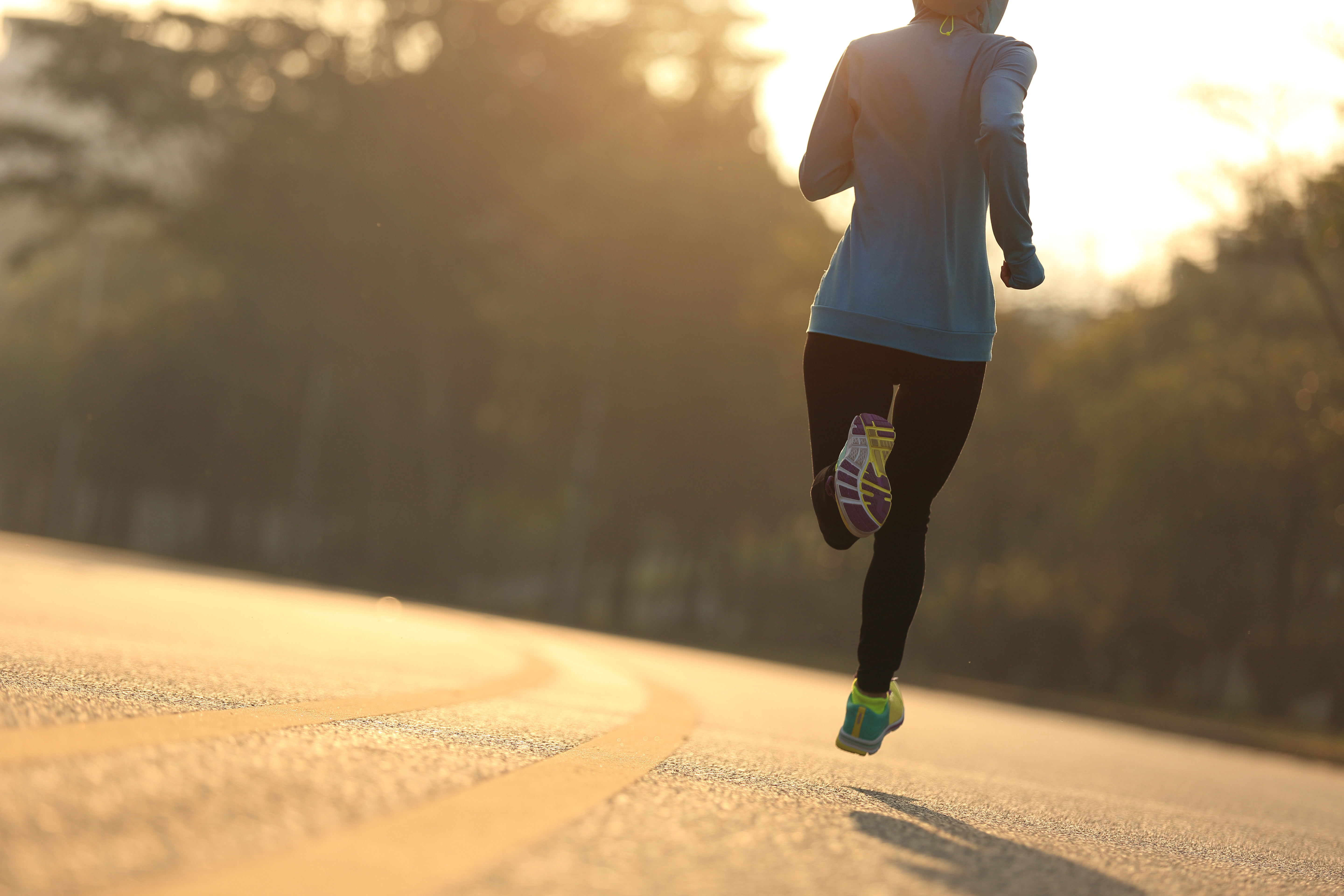Learning Matters: How do innovators sustain energy in a season of challenge?
Chancellor Carrell

While it’s too early to look back on COVID-19 and identify lessons learned, now is most certainly the time to think about how we are learning to endure.
One topic that comes up daily among members of our innovative campus community is how challenged we are to stay well right now - not only to avoid the virus, but to sustain our energy. With prolonged ambiguity generating anxiety and a simultaneous need to accelerate innovation, references to “well-being” can create dissonance. Last week when the W-subject came up, I saw a Zoomed eye roll from a weary colleague that seemed to say, “So, yeah – you want me to take deep breaths or smell the roses or something? That’s not going to help! To be well, I need clarity so I can design for whatever comes next.”
Perhaps you’re feeling that too – that wellness suggestions seem trivial in our current reality, which is a true crisis. We’ve now surpassed the grim milestone of 100,000 COVID-19 deaths in the United States. And while the type and degree of impact differs from person to person – from isolation to illness, disruption to grief -- all of us are impacted. The University’s Medical School Dean and Vice President for Clinical Affairs, Dr. Jakub Tolar, reminds us, “This is not a drill.”
For endurance, what we seek are not brief moments in which we disassociate from what is actually happening. Instead, we need to become intentional about daily habits that can strengthen our energy reserves.
What works? I asked some of you how you’ve been using your creativity and adaptability to re-design your own lives to meet the circumstances. Among the responses: Morning routines. Humor. Journaling. Movement – “Not that a mid-day walk makes me gush with happiness,” said a colleague, “but without that movement my reserves become depleted.” Beauty – shared often through social media – including music and art, stories of kindness and images -- especially of the earth’s response to our decreased carbon output. Reading biographies of those who have come through historic struggles. Listing what you can and cannot control – and then using that frame of reference to be intentional about what gets your attention and time. Initiating connection.
Some of us have also learned what doesn’t work to build endurance. Obsessive thinking about the “what ifs”. Isolating more than is necessary. Eating poorly. Ignoring signs of anxiety or depression. Remember, please - there is someone to talk to – your colleagues, friends or family, perhaps – or a person at Sand Creek EAP or Amwell, available 24/7. Presidet Gabel recently reminded us that, “We have resources across the system….I hope you’ll fully utilize any services you may need. Thank you for all you’re doing and please stay healthy, safe, and well.”
Endurance takes intentional design, creativity and adaptability – competencies that characterize the UMR community – and competencies we now need to learn to apply to our own lives. I’m confident we will, because we know, Learning Matters.